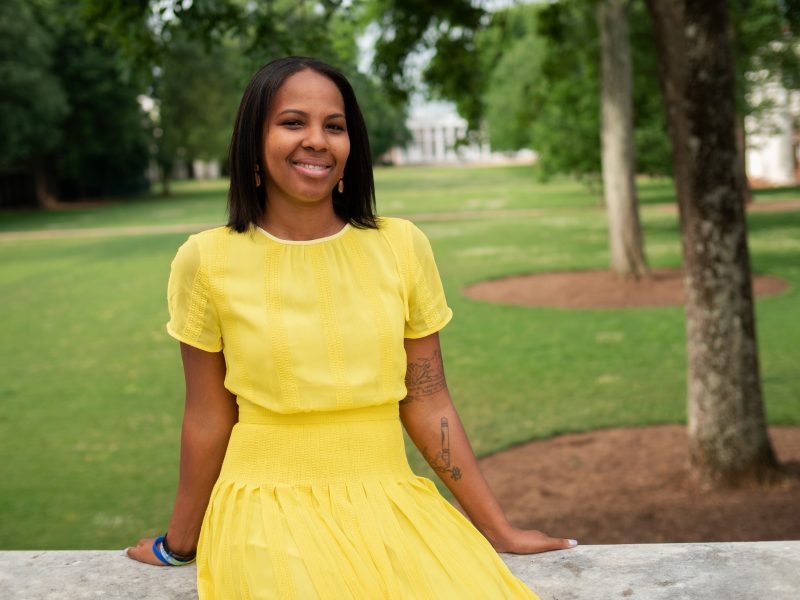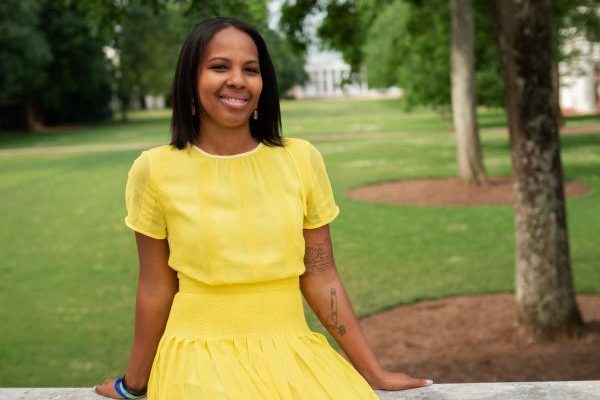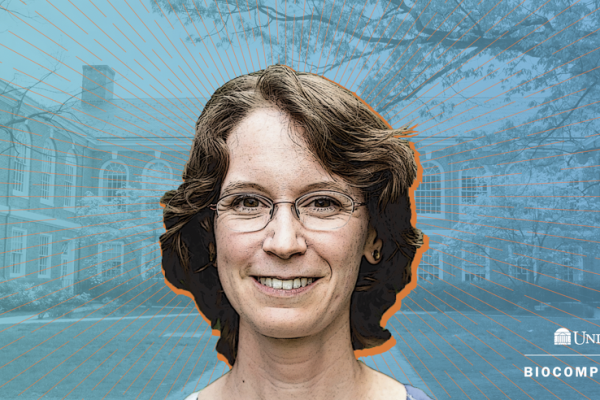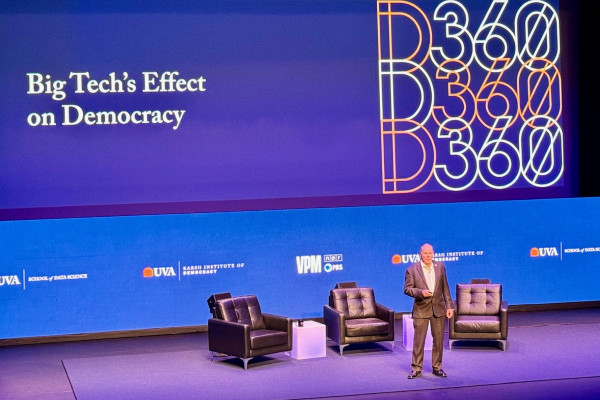All Equity Work is Local

In 2021, the Virginia Equity Cohort welcomed 17 participants from 16 localities across the Commonwealth. Participants, all civil servants, gathered virtually over nine months to grapple with shared challenges they face in addressing inequity in their communities. Now, in its second year, the program has a new name, a new cohort, and an eye toward expansion.
I caught up with co-directors Siri Russell, associate dean of diversity, equity, and inclusion at the School of Data Science, and Molly Harlow assistant director of leadership development for the Virginia Institute of Government at the Weldon Cooper Center for Public Service to learn what is new and on the horizon for the program.
The first thing Siri Russell wants us to know about the Virginia Equity Cohort is that it is not called that anymore. After a successful pilot year, the program, now known as the Local Government Equity Clinic, began receiving interest from some practitioners outside of Virginia — folks that the program hopes to be able to accommodate in the future — so the name was changed to encompass these aspirations.
The second thing to know is that word of the Clinic’s unique and practical approach is getting out. Applications for the program jumped from 20 in year one to around 60 for the next cohort.
When Russell and Harlow developed the program, they hoped to address an issue they had identified in their previous work with local governments. The issue, says Russell, is two-fold:
That is where the Clinic comes in. Developed jointly by the School of Data Science and the Weldon Cooper Center for Public Service at the University of Virginia, the program leverages the expertise and resources of both organizations.
By aligning shared goals around data for the public good and equipping communities with tools to promote good governance, equity, and resiliency, the Clinic is designed to answer two questions for its participants:
1. As an employee of a small to mid-size locality in Virginia, how do I operationalize equity and inclusion in my work, regardless of my role?
2. What data can I use to make decisions that incorporate equity into the lens?
Throughout their nine months in the Clinic, participants engage in working and learning sessions, where they hear from notable DEI pioneers in local government across the country and learn how to best use existing data to inform and manage the issues that they are facing in their own localities. The participants take away a common language to initiate important conversations with their peers and community leaders back home.
Walter English from Fairfax says that the program has changed him as a person. “This program brings people together with various backgrounds to learn, grow, and change the face of equity across the Commonwealth. We have learned that equity is not a flavor of the day, it is an intentional choice. Inclusion and diversity are not a fleeting thought but a change to culture.”
Russell knows that this change to culture may be incremental, given that the people in this program are working for institutions that were founded in the 1700s and 1800s, but she says, “Even if you only move an inch, if it is an inch in the right direction, that’s progress.”
The foundational training in equity and inclusion complements the introduction to crucial resources, like new data sets and scalable examples from other cities and counties. The approach can be a game changer for some participants. “For me, this has been a challenging, soul-searching, and mind-expanding process. I learned a lot that I did not know, and expanded upon many things that I did know,” says Sherri Neil, a current cohort participant from Portsmouth.
The Clinic offered free of charge to those whose work has a direct and daily impact on fellow Virginians, illustrates the broad and tangible impact of meaningful University-community partnerships. The aims of the Clinic, Harlow says, are directly aligned with the University’s mission to be both great and good: “We can help local governments deliver on the promise of democracy. By making government accessible and inclusive, we are equipping the committed public servants doing the day-today work to support and better the lives of those in their community.”
What's Next
As the demand for the program increases, Russell and Harlow hope to offer new ways for participants to engage in the training. “We’d like to take this show on the road,” Russell says, “and travel to where there is interest, to talk to teams and run an abbreviated version of the program, or offer virtual courses tailored to specific needs.”
Read the original story in Amplify, published by the University of Virginia's Division for Diversity, Equity, and Inclusion.


